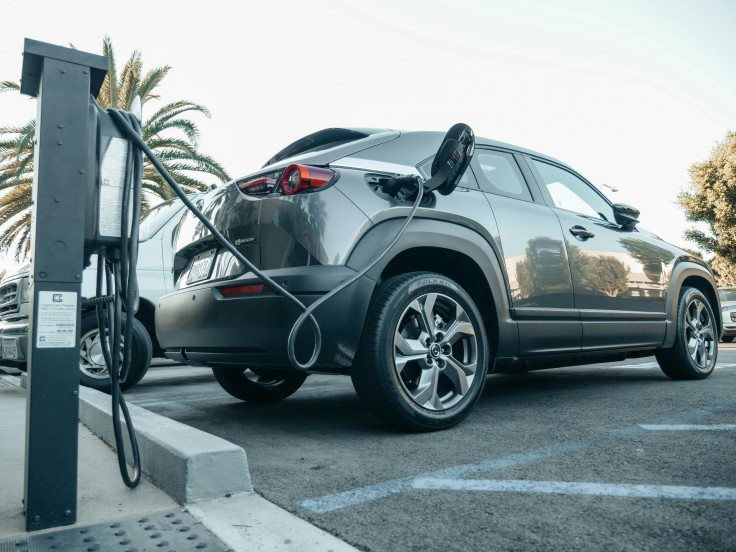The UK has introduced new car tax rules that have ended exemptions for electric vehicles (EVs) and significantly increased taxes on petrol and diesel cars, sparking concerns about the potential impact on the adoption of electric vehicles.
The changes, which came into effect on April 1, have raised worries among drivers and industry experts about the future trajectory of EV adoption in the UK. The new regulations impose significant costs on motorists, particularly those who own EVs and premium-priced new cars.
Key Changes to Car Taxation
Under the new rules, electric vehicle owners will now be subject to vehicle excise duty (VED), a tax previously waived for EVs. Additionally, owners of new EVs priced above £40,000 will face an ‘expensive car supplement’ of £425 per year for five years after registration. This threshold is common for many EVs, potentially discouraging their purchase.
Impact on Petrol and Diesel Cars
Buyers of new petrol or diesel cars will also face increased taxes. For instance, the first-year tax for a new 1-litre Ford Puma has doubled to £440, up from £220. Similarly, a new Land Rover Defender with 240g/km emissions now carries a first-year tax of £4,680, a 100% increase from the previous year.
Industry Reaction and Concerns
Industry experts are concerned that these changes may hinder the shift to electric vehicles. John Cassidy, managing director of sales at Close Brothers Motor Finance, notes that removing the tax exemption for EVs provides ‘one less incentive for buyers to make the switch.’ Jon Lawes, managing director of Novuna Vehicle Solutions, highlights that most EVs exceed the £40,000 threshold and will be subject to the expensive car supplement, potentially encouraging employers to consider cheaper, non-EV options for their fleets.
Analysis and Implications
While Chancellor Rachel Reeves intended to stimulate EV sales by enlarging their financial advantage, analysts argue that the policy shift complicates the transition to electric vehicles. Lorna Macpherson, a motor finance specialist, suggests that although the tax system changes favour lower running costs for cleaner cars, rising expenses associated with driving could hinder drivers’ ability to transition to EVs.
Some manufacturers, like Vauxhall, have responded by pricing their EV offerings below the £40,000 mark to avoid the expensive car supplement. This move may prompt other manufacturers to follow suit.




